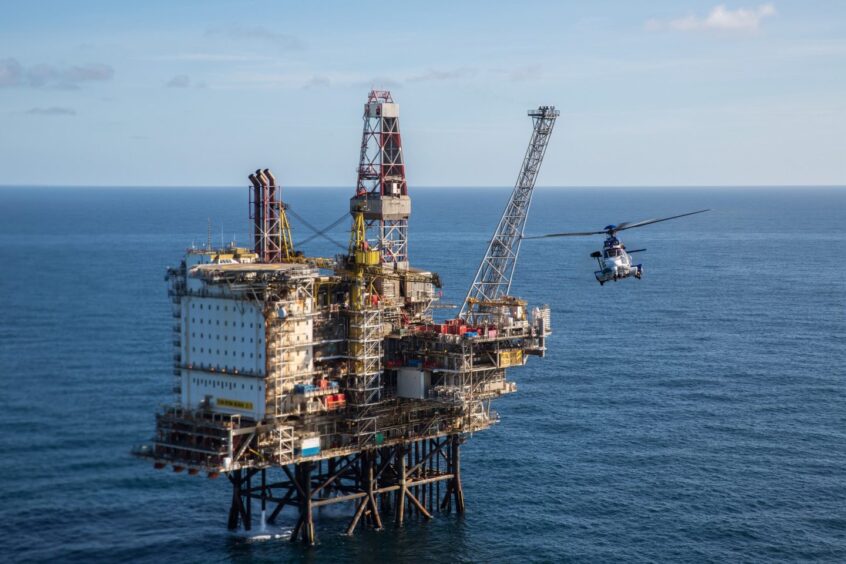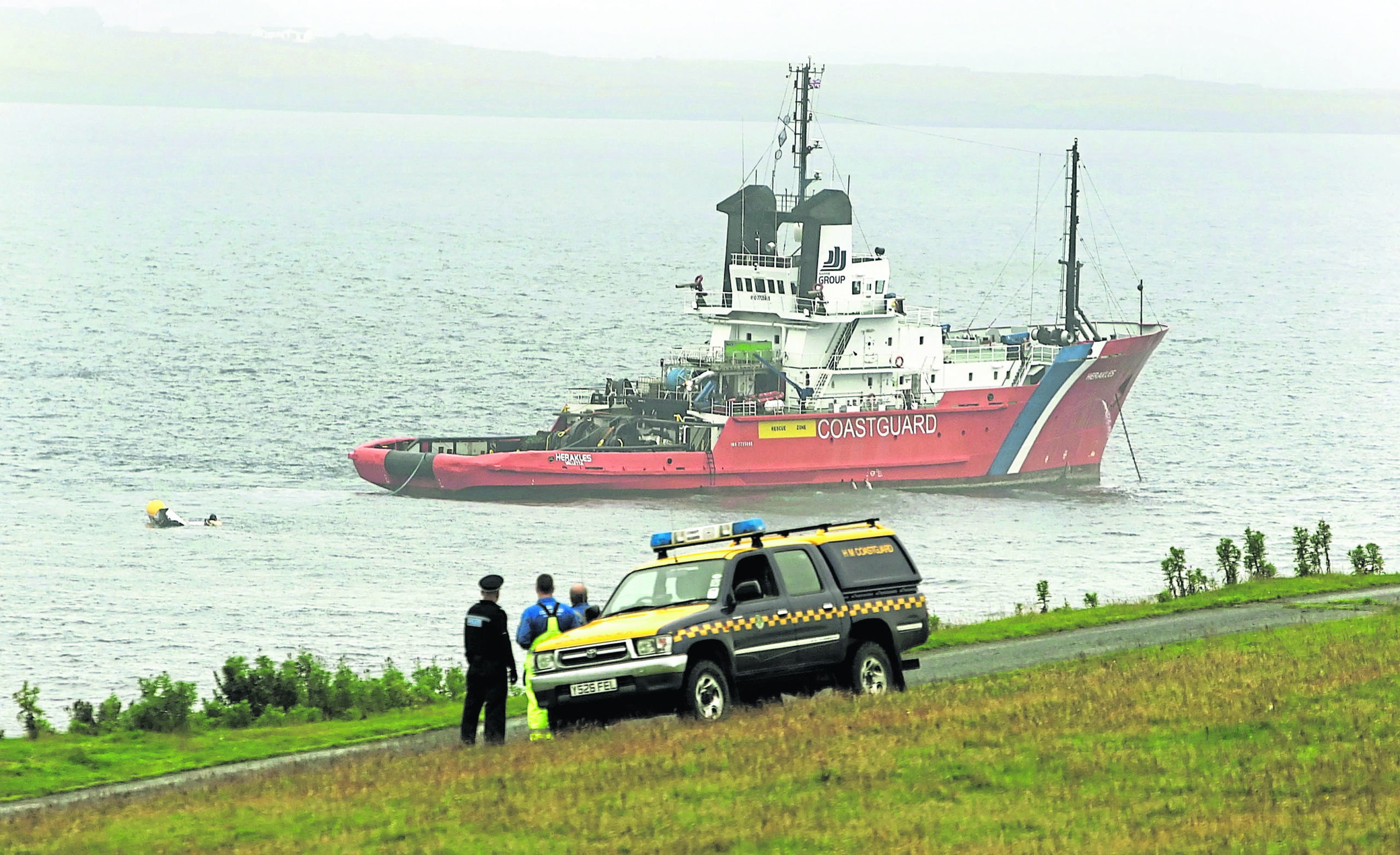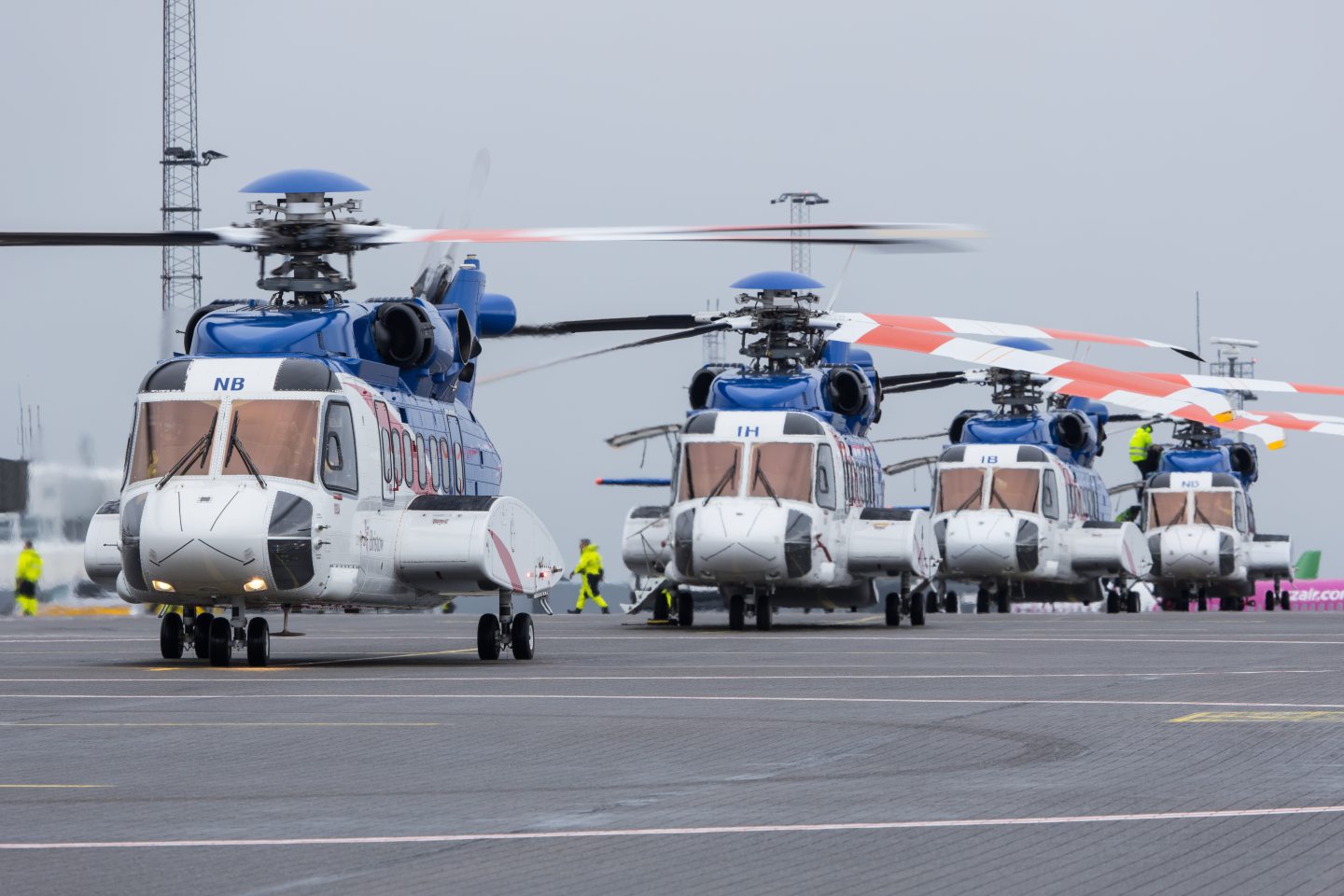
The RMT union has criticised comments by Airbus executives suggesting the Super Puma helicopter could be reintroduced to oil and gas operations, saying any such move would “poison industrial relations”.
The offshore industry widely abandoned the rotor type after a series of crashes, including one which killed 16 people in Norway in 2016.
After the crash in Norway, UK union officials branded the helicopter a “flying coffin” and vowed to fight any attempt to reintroduce the Super Puma to the North Sea.
But speaking to reporters last week in France, Airbus executives said the company has received renewed interest in the Super Puma from the offshore sector.
However the RMT union, which represents offshore workers, said it would not accept the Super Puma returning to North Sea flights given its safety record.
Super Puma safety
This year marked a decade since the last fatal crash in UK waters linked to the energy sector; the 2013 Sumburgh Airport Super Puma incident, which killed four people including RMT member Sarah Darnley.
The union said 33 offshore workers and helicopter crew died and 65 were rescued from the North Sea as a result of Super Puma accidents between 2009 and 2016.
A Norwegian investigation into the 2016 crash found mechanical flaws in the Super Puma’s gearbox were responsible for the accident.
In a statement, RMT said the subsequent regulatory response from the Civil Aviation Authority and the UK government “has been far too weak” and reiterated calls for a public inquiry into offshore helicopter safety.
RMT general secretary Mick Lynch said the possible reintroduction of the Super Puma would “poison industrial relations”.
“Any confidence built up since 2016 amongst offshore workers over the safety of the helicopters will disappear if they are expected to travel to and from installations on Super Pumas.
“The fact that the industry is even entertaining the re-introduction of the Super Puma is not only an insult to the memory of offshore workers and crew killed by this flawed machine, it shows how the highly profitable oil and gas industry continues to exert dangerous and unregulated commercial pressure on offshore helicopter operators in the North Sea.”
Helicopter investment ‘desperately needed’
Despite aviation regulators in the UK and Norway clearing the Super Puma to fly again after the 2016 crash, the offshore sector has largely switched to using helicopters such as the Sikorsky S-92.
But with severe parts shortages limiting the operational availability of the S-92 in recent months, frustrated helicopter operators could be forced to consider alternative options.
Mr Lynch said investment into the offshore helicopter fleet is “desperately needed” because of its reliance on the “ageing” S-92.
“We will be seeking meetings at the highest levels of the industry and we will work with other offshore trade unions to fight these dangerous proposals to bring back Super Pumas,” he said.
The idea of the Super Puma returning to offshore operations received a similar response from Norway’s offshore trade union.
Industri Energi national officer Henrik Solvorn Fjeldsbø told Energy Voice the union had an understanding with oil and gas companies and helicopter operators that the Super Puma would not be reintroduced in the Norwegian sector.
“I don’t think that our members, the passengers, would accept being flown in the (Super Puma) 225, it’s as simple as that,” he said.
“I just don’t see it coming back to the Norwegian continental shelf and to be honest, I don’t even see it coming back in the UK.”
Airbus offering ‘complete transparency’
In response to questions from Energy Voice, Airbus Helicopters head of energy Regis Magnac said the company constantly briefs the offshore industry in the North Sea and globally on all of its products.
“In the case of the H225 we have implemented many changes to the helicopter to address safety, including some very substantial modifications, and we believe that we owe the offshore community complete transparency in laying out what we have done,” Mr Magnac said.
“So we have offered briefings to all concerned – operators, unions and exploration companies – and we will continue to do that.”
Recommended for you


 © PA Archive/Press Association Images
© PA Archive/Press Association Images © Shutterstock / Photofex_AUT
© Shutterstock / Photofex_AUT